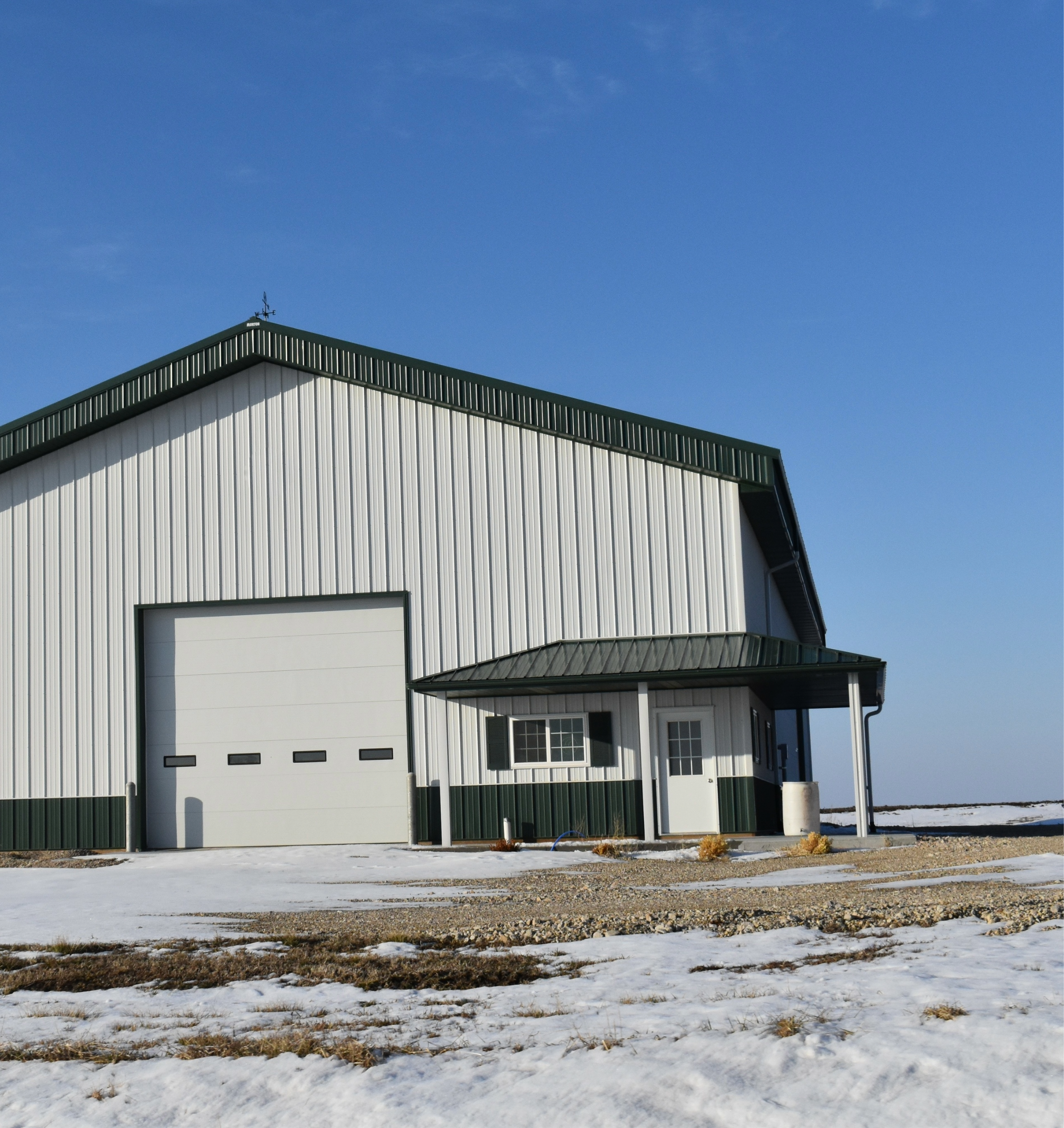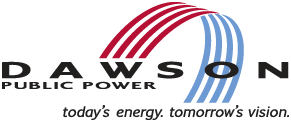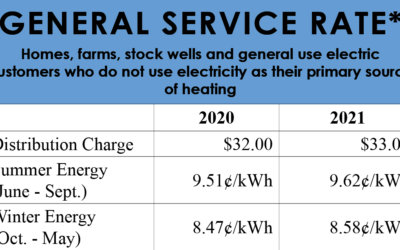Metal shop buildings and barndominiums are a durable and versatile option for your home, farm or business. Optimizing their energy efficiency requires careful attention to insulation installation and heating systems. Here are some key insights when considering building:
Insulation
Concrete slab:
- Insulate the perimeter of the concrete slab with a minimum R-value of 10, at least 2 feet below grade. This prevents energy loss to the surrounding ground.
- Insulate under the slab at a rating of R-5 for comfort reasons – not energy efficiency – in unheated shops.
Walls:
- Challenge the typical method of pinching insulation between framing members and exterior sheeting, as it drastically reduces the insulation’s R-value. Instead, opt for bat insulation that is cut to fit inside the framing cavity.
- Use foam or batt insulation rated at a minimum of R-20 for the wall cavity.
Attic:
- Insulate the attic space at a minimum of R-49.
- Understand the attic space that you’re building.
- If vented, ensure that it is done properly to avoid excess moisture and mold issues.
- If sealed, be sure that the HVAC contractor is aware of the additional conditioned attic space so they can account for it when sizing and designing your HVAC equipment.
- Seal all penetrations in the ceiling/attic tightly to maintain the building envelope and prevent air leaks.
Hydronic Slab Heating
- Insulate the concrete slab at a minimum of R-10. This drives the heat back up and into the living space instead of sinking into the ground. Heat flows from hot to cold objects. When a hot and a cold body are in thermal contact, they exchange heat energy until they reach thermal equilibrium.
- For hydronic slab heating systems, utilize oxygen barrier tubing installed as close to the surface as recommended by the manufacturer. Ensure the tubing quality by researching different types of PEX tubing.
- Consider installing an electric heat pump for your hydronic slab heating. Heat pumps offer improved efficiency and increased energy savings compared to standard units. Dawson PPD offers a rebate incentive of $400-$3,300, depending if the system is air source or water/ground source. Minimum requirements are required to qualify for the incentive.. Please consult your HVAC technician on the best approach.
- Consider installing a smart thermostat. Dawson PPD offers a rebate for ENERGY STAR® rated smart thermostats from $25-100, depending on fuel source and installation.
- Set the thermostat to the lowest comfortable temperature and allow your thermostat to learn your habits and adjust from there.
HVAC Equipment
- Always build in accordance with state and local codes as a minimum.
- Avoid placing HVAC equipment and duct work in unconditioned attic spaces.
Implementing these practices can significantly enhance energy efficiency in metal shop buildings and barndominiums, reducing energy losses and ensuring more controlled heating systems. Use these suggestions as guidance and tailor your choices based on specific building requirements and available resources for the most effective results. For questions, please call Dawson PPD at 308-324-2386.

OTHER NEWS
BETWEEN THE LINES: What does reliability cost?
April 2021 By Gwen Kautz Dawson PPD General Manager gkautz (at) dawsonpower.com 308-324-2386 What does reliability cost? It’s never big things that break us – it’s always the little things. My adoption of “it’s always the little things” stems from scripture in which...
Honey hobbyist connects learners with nature
April 2021 “I’ve always had an appreciation and respect for nature,” said Amy Hill, Central Community College Regional Director at the Lexington Center. Her appreciation for and awareness of bees was heightened when her son was involved in an Entomology project...
Rate increase to take effect with May billing
Dawson Public Power District rates will increase this spring. Overall, the increase will be 1.85%. The percentage varies by rate class. Residential customers will see a 1.75% increase in their electric rates. This includes a $1 increase to the distribution charge and...



